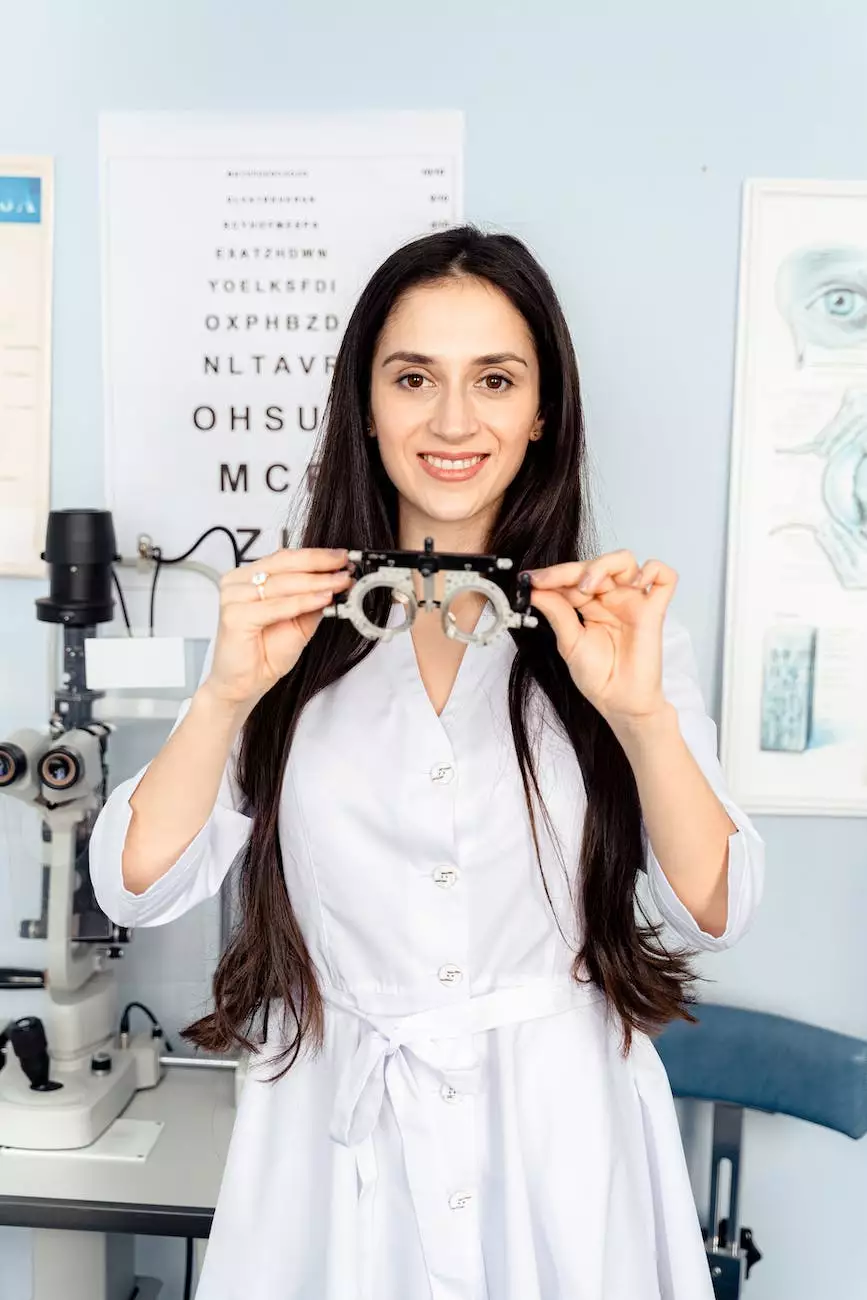What is the difference between an Optometrist and Ophthalmologist?
Eye Care
The Role of Optometrists
An Optometrist, like David J Scholten, OD, PC, is a highly skilled eye care professional who specializes in the examination, diagnosis, and management of ocular conditions. Optometrists play a crucial role in maintaining your overall eye health.
Optometrists are primary eye care providers who perform comprehensive eye examinations to detect any abnormalities or visual impairments. They are trained to prescribe and fit eyeglasses or contact lenses, ensuring optimal vision correction for their patients.
In addition to vision correction, optometrists also diagnose and manage common eye conditions such as dry eyes, conjunctivitis (pink eye), and glaucoma. They are often the first point of contact for patients seeking treatment for various eye-related concerns.
The Role of Ophthalmologists
Ophthalmologists, on the other hand, are medical doctors with specialized training in eye care. They are experts in both medical and surgical eye treatments, making them qualified to provide a wide range of eye services.
Unlike optometrists, ophthalmologists can perform complex eye surgeries, including cataract removal, LASIK, and retina surgeries. They are also equipped to diagnose and manage more severe eye conditions and diseases such as macular degeneration, diabetic retinopathy, and glaucoma.
Ophthalmologists often work closely with other healthcare professionals to ensure comprehensive care for their patients. They may refer patients to optometrists for routine eye examinations or for ongoing management of visual conditions.
Education and Training
To become an optometrist, individuals must complete a four-year Doctor of Optometry (OD) degree after completing their undergraduate studies. This rigorous program includes both classroom learning and clinical rotations, providing optometrists with the necessary knowledge and practical skills to practice eye care.
Ophthalmologists, on the other hand, undergo extensive medical training. They must complete four years of medical school, followed by a residency program specializing in ophthalmology, which typically lasts three to four years. During their training, ophthalmologists gain in-depth knowledge of eye diseases, surgical techniques, and advanced diagnostic procedures.
Services Offered
Optometrists offer a wide range of services, including:
- Comprehensive eye examinations
- Prescribing and fitting eyeglasses and contact lenses
- Diagnosing and managing common eye conditions
- Detecting and monitoring eye diseases
- Providing pre- and post-operative care for surgical procedures
Ophthalmologists provide specialized services such as:
- Advanced eye surgeries
- Treatment of complex eye conditions and diseases
- Management of eye emergencies
- Performing laser treatments
- Administering injections for certain eye conditions
Collaboration Between Optometrists and Ophthalmologists
Optometrists and ophthalmologists often work together to ensure comprehensive eye care for patients. While both professions have distinct roles, they collaborate to provide the best possible outcomes. Optometrists refer patients to ophthalmologists when specialized medical or surgical intervention is required, and ophthalmologists refer patients to optometrists for routine eye exams and vision correction needs.
Choosing the Right Eye Care Professional
When it comes to choosing between an optometrist and an ophthalmologist, it depends on your specific eye care needs. If you require routine eye examinations, vision correction, or management of common eye conditions, an optometrist may be the right choice for you.
On the other hand, if you have complex eye conditions, require eye surgery, or need specialized medical treatment, consulting an ophthalmologist would be advisable.
Conclusion
In summary, both optometrists and ophthalmologists play essential roles in preserving and improving your eye health. While optometrists focus on primary eye care and vision correction, ophthalmologists are medical doctors with specialized training in surgery and more severe eye conditions.
Consulting with a qualified eye care professional, such as David J Scholten, OD, PC, will help determine the best course of action for your eyesight and overall eye health.










